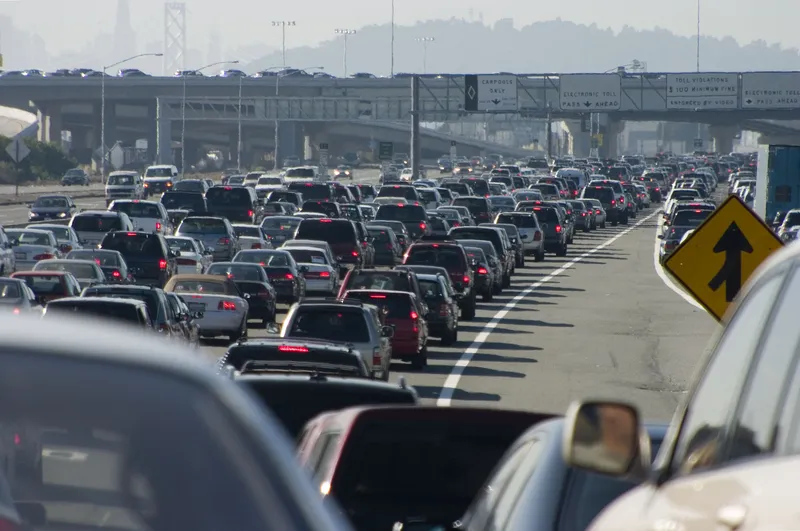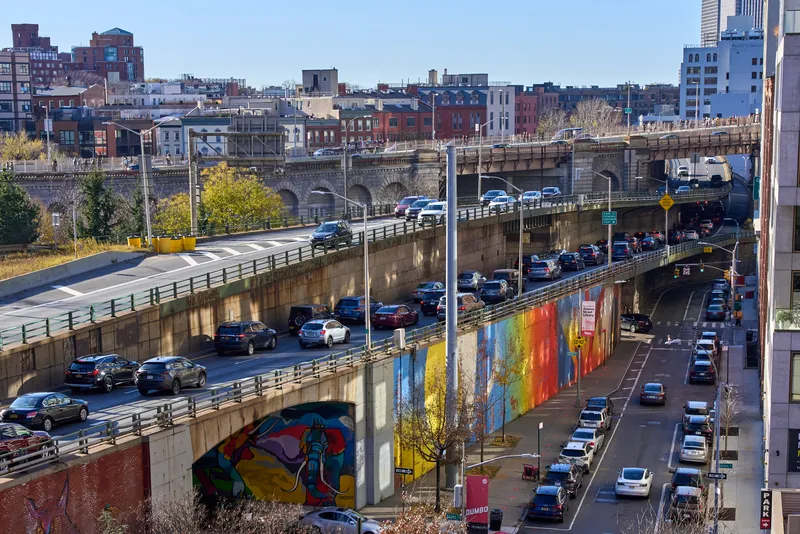The New York Metropolitan Authority (MTA) has ordered ten all-electric buses as part of a pilot program to reduce emissions and modernize its fleet. In addition, it has ordered 110 new Compressed Natural Gas buses to operate across the Bronx and Brooklyn until the first quarter of 2019 which will also replace 781 of the oldest buses.
This program also aims to provide the MTA and electric bus manufacturers with actionable data to refine and develop bus specifications for future procurements to ensure they can operate in the city.
Bus vendor Proterra will deliver five of the over-night charging electric buses which will operate on routes including B32 in Brooklyn and Queens. It also includes six depot charging stations, to be installed in the Grand Avenue Depot in Maspeth, Queens, where the vehicles can also be recharged at mid-day. The first stage will also feature a high-power charging station at Williamsburg Bridge Plaza in Brooklyn to extend the range of the fleet without having to return to the depot.
New Flyer will supply the remaining five buses, to run on the M42 and M50 routes in midtown Manhattan as well as two depot charging stations at Michael J Quill depot where they can also recharge overnight or mid-day. For the first leg of the project, two high-power charging stations will be located on East 41 Street and at Pier 83, Circle Line on West 43 Street.
All buses will feature customer amenities such as Wi-Fi and USB ports to enhance the passenger experience.
Additionally, the MTA plans to order a further another 60 all-electric buses using lessons learned from the pilot. The buses’ performance will dictate the timing of the transaction during the initial phase of the pilot.










